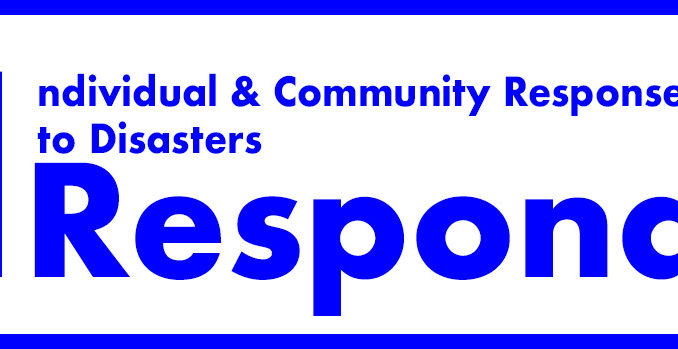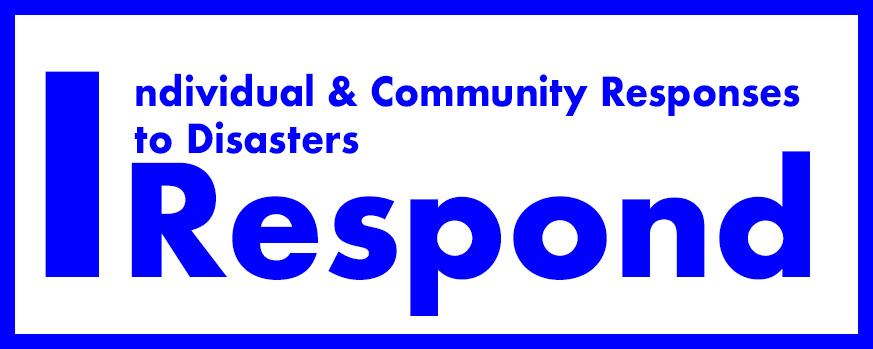
Rep. Joey S. Salceda of the Second District of Albay, a noted economist and disaster-resilience advocate who authored the principal DDR bill (House Bill [HB] 6075), noted that, “Now, more than ever, we feel the need to create a supergovernment agency, seeing the devastations around us every time disasters strike.” He said the new agency will be “tasked to carry out a continuous, consistent and fortified calamity-defense program and ensure the country’s sustainable development and inclusive growth.”
The Philippines marked the first day of 2018 with Typhoon Agaton storming Mindanao. A total of 22 calamitous weather disturbances, aside from man-made disasters, ravaged the country in 2017, claimed hundreds of lives, and damaged crops, properties and infrastructure worth billions of pesos. Typhoons Urduja and Vinta hit the Visayas and Mindanao in December 2017 in close succession with deadly results; flash floods and landslides, more than 200 casualties and thousands of evacuees and costly damages.
Salceda said that, to face the onslaught of disasters, the country needs “strategic and systematic approaches to disaster prevention, mitigation, preparedness, response and the effective programs on rehabilitation and recovery” handled by an agency with its own mandate. He heads the technical working group tasked to consolidate the 43 related legislative proposals on disaster response in the Lower House similar to his HB 6075. He added a really strong disaster agency is “essential to a sensible economic blueprint and, since disastrous typhoons were noted to have been getting stronger and broader in impact in recent years, the creation of the DDR is an urgent agenda of Congress.”
The country’s situation, he said, is critical since the Philippines ranks third among 171 countries worldwide considered “most exposed and vulnerable to natural calamities,” and is listed as 13th in the Climate Change Vulnerability Index. Almost 74 percent of the country’s population and 80 percent of its land area have been identified as vulnerable to disasters, with Manila marked as “in extreme risk,” added Salceda, a multiawarded official in disaster-risk reduction and climate-change adaptation.
With an initial budget of P10 billion, the agency will be accountable and responsible for overseeing, coordinating and implementing a comprehensive disaster risk and vulnerability reduction and management programs and redirecting policy drifts, among other agencies handling such tasks.
Salceda’s proposed DDR aims to take in at least four government entities critical to an effective disaster planning and operation—the Philippine Atmospheric, Geophysical and Astronomical Services Administration and the Philippine Institute of Volcanology and Seismology under the Department of Science and Technology; the Geoscience Bureau of the Department of Environment and Natural Resources; and the Bureau of Fire Protection under the Department of the Interior and Local Government.
He said the idea is akin to the United States Department of Homeland Security that has under its operational control major federal agencies to effectively confront security issues and threats in many areas. Salceda added HB 6075 is a result of “action research, sharing of experiences and dynamic discussions among various stakeholders from national and local government agencies, organizations and communities, and is a product of comparable international experiences.”
The bill also seeks to amend the eight-year-old Republic Act 10121, which created the National Disaster Risk and Reduction Framework, a landmark legislation but which falls short in creating “an institution that is sufficiently in a high position to oversee the implementation of streamlined disaster-risk reduction and management policies nationwide. It will have the necessary authority, mandate and resources to lead and coordinate efforts of various stakeholders toward a more resilient nation.”
Under the concept, the DDR will be separate from the Office of Civil Defense, which will continue to perform its original mandate, particularly its duty to administer a comprehensive national civil defense and civil assistance program, training of community volunteers for civil defense and assistance and other mechanisms for community preparedness.
Recently, the House committees on government reorganization and defense approved a bill creating a Department of Disaster Resilience.

Leave a Reply